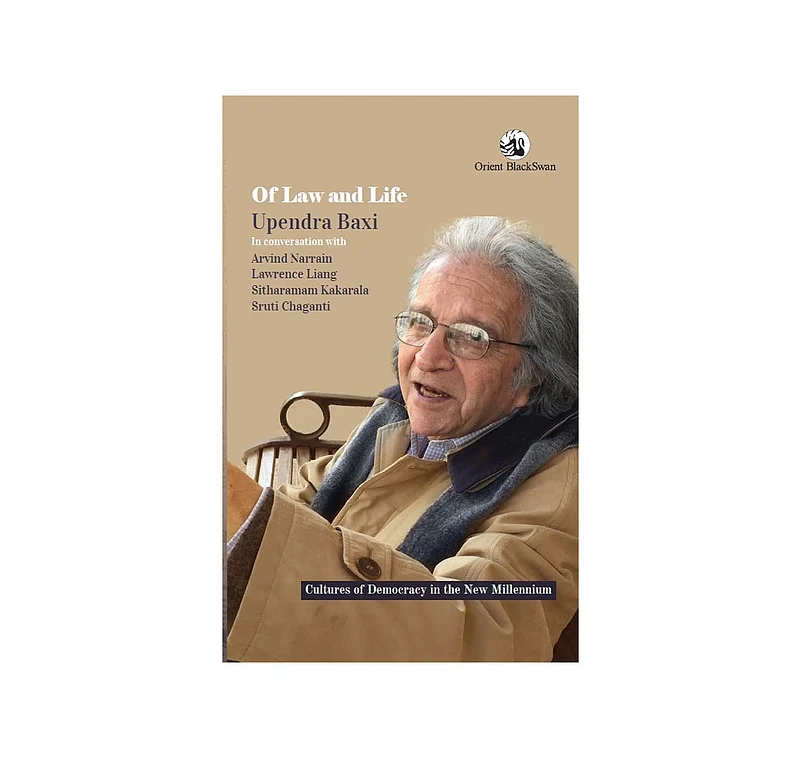In my decade-long career of teaching law, I have often contemplated the delicate relationship between activism and scholarship. Central to this thought have been these questions: Can a scholar maintain a detached stance from their positionality while effectively questioning the prevailing paradigms? Is the axiom of ‘personal is political’ exclusive and elusive to objectivity? How can one reconcile, if at all, the pursuit of objectivity with the ethos of an ‘activist scholar’?
Most recently, Professor Tarunabh Khaitan has broached these questions which many avoid at best. His article, ‘On scholactivism in constitutional studies: Skeptical thoughts’, published in the International Journal of Constitutional Law, has sparked a debate hinged around the complex web of questions of positionality and objectivity, with many strongly objecting to what appears to be a critique against ‘scholactivism’.
While Khaitan does not outrightly dismiss activist scholarship, he advocates a tempered approach and highlights virtues such as humility, commitment to methodological rigour and maintaining independence in scholarship. In this context, it becomes imperative to reflect upon the life and work of Professor Upendra Baxi, whose scholarship is infused with a harmonious blend of scholarly and activist values.
Indeed, Baxi emerges as a living embodiment of the delicate equilibrium between activism and theory. This equilibrium is brilliantly explored in the book Of Law and Life. Written in a question-answer format, the book delves into the interplay between Baxi’s convictions and his extensive body of socio-legal scholarship. Put simply, Of Law and Life stands out in laying bare the influence Baxi’s person has had on his academic work, and, in turn, how his academic work has changed him as a person.
First things first. Composed in a conversational tone, the book defies the label of an autobiography or a biography of Baxi, as described by the writers themselves. My reading of the book would describe it as a semi-autobiographical account where we are introduced to the spoken Baxi, who otherwise has only come to be known through his written work. Of Law and Life is a unique intervention that enables us to know the person and scholar that Baxi is through deep reflective questions.
The organisation of the book is not chronological but thematic and hence saves us from falling into the pitfalls of linear structuration and sequential boredom. Chapters on activism, justice, constitutionalism and human rights extend an opportunity to look inside Baxi’s life-world and a blueprint of the making of the scholar, activist, professor and human rights advocate he has come to be and we have all come to admire.
Baxi’s academic journey stands out for his focus on the subaltern, demonstrated by the themes explored in the book. Caught in the crosshairs of lawfare—a term lately used by some to describe political dismantling through legal recourse—this book comes as a timely intervention. The book serves as a respite to its parched reader that law, despite all its problems, has the potential to redress human suffering. This hope in the powerful redressive ability of law centres the orientation of my own research and teaching of law. Authors Arvind Narrain and Sitharamam Kakarala aptly note this as the ‘optimism of the intellect’.
The book also holds space to lament the state (lack) of constitutionalism as a pedagogical tool in Indian law schools, and rightly so. Baxi’s scholarship is a wake-up call for the legal academy in India and the Global South broadly to anchor the liberal constitutional scholarship around the history of violation and dispossession. This rings true in the current socio-political context wherein the grand constitutional documents have been misused by the state to push the marginalised further down. The treatment of Muslims and Kashmir serves as evidence. The book also flags the lack of critical engagement with the courts by the legal academy. Interrogating the judicial behaviour post-Emergency, the book’s claims resonate with contemporary judicial behaviour.
Baxi’s critique of human rights as a ‘gift from the West for the rest’ starkly reminds us of the rule—scepticism that forms the core of critical legal thinking. For Baxi, taking human rights seriously is taking suffering seriously. To quote Oishik Sircar, ‘Baxi’s single most important contribution to jurisprudence in India has been to infuse legal scholarship with pathos—the pathos of suffering, resistance, responsibility and care’.
Premised on a postmodern critique and a southern turn, Baxi’s scholarship on human rights, as the book demonstrates, puts people at the centre-stage instead of the predominant myth believing the state to be the arbiter of human rights. The book captures at length Baxi’s activist interventions, including the Bhopal gas tragedy, the open letter to the Chief Justice of India on the Mathura rape case, and his pioneering work on Social Action Litigation (SAL) in India. However, the origins and functions of SAL have been critiqued through the recent scholarship of Anuj Bhuwania,who warns against the unregulated use of SAL/PIL as a weapon for amassing unchecked power for the judiciary.
A book of this nature cannot become possible without the labour, patience and commitment of all the people who have contributed to the fruition of the work. The undeterred resilience of the authors is commendable and can only be justified by the sheer admiration Baxi strikes in all the lives he has touched, for the authors have an affiliation to him—all are his former students. Of Law and Life is a book that was long due and one that should be widely read to understand the trajectory of the Indian legal system through the life and work of one of its most commendable scholars.
(Burhan Majid is an Assistant Professor of Law at the School of Law, Jamia Hamdard, New Delhi)





















